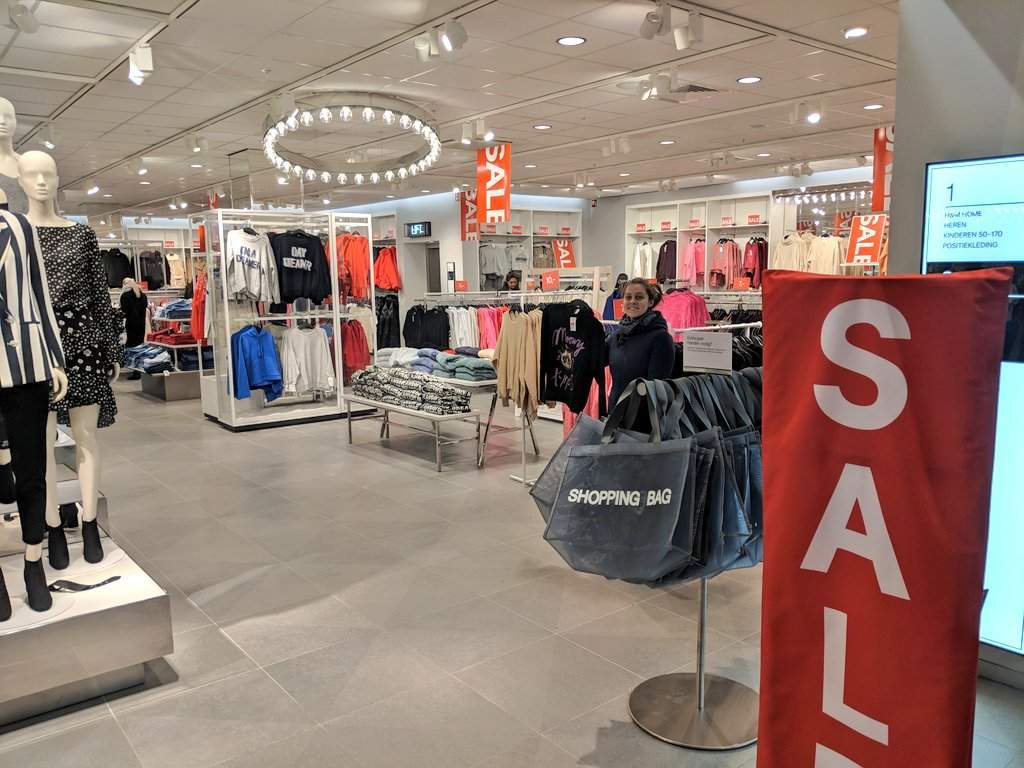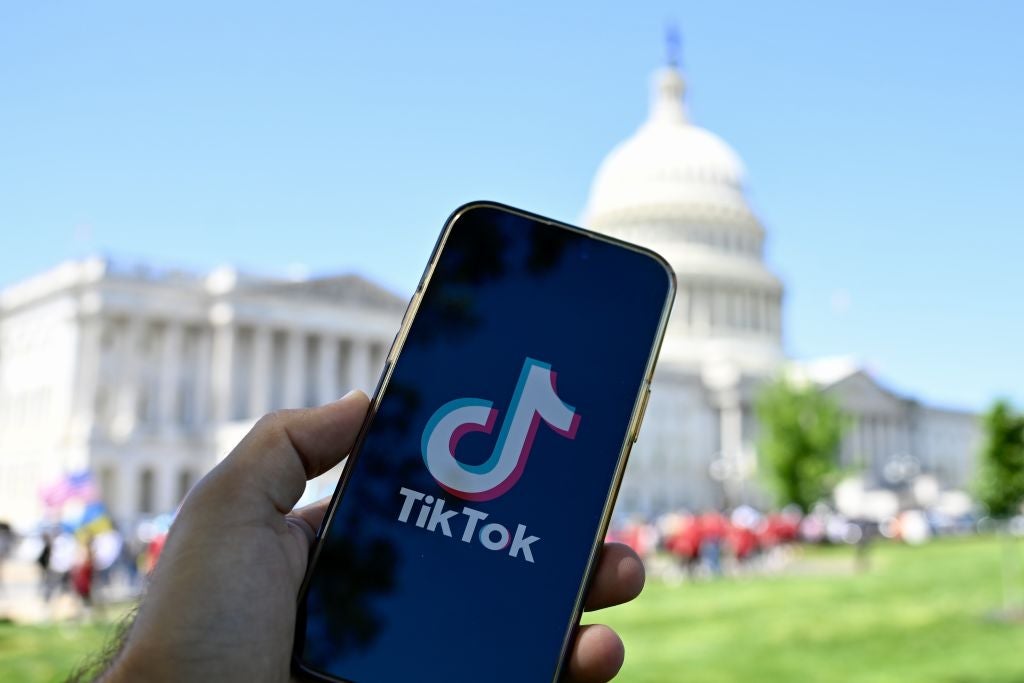
Traditional retailers have struggled this year, as e-commerce giants like Amazon increase their dominance, forcing many brick-and-mortar stores to close or go bankrupt.
Verdict takes a look at what retail trends could shake up the industry in 2018.
What’s happened in retail this year and where are we headed?
While the S&P 500 retailing index has climbed nearly 30 percent this year, Amazon accounts for about two-thirds of its gains in 2017.
Doug Anmuth, an analyst at JP Morgan said earlier this month that Amazon is destined for even more success in 2018:
We believe Amazon is well positioned as the market leader in e-commerce, where it’s still early days with US e-commerce representing about 12 percent of adjusted retail sales (ex-gas, food, and autos), which we view as likely going to 30 percent over time. We believe Amazon continues to show strong ability to take share of overall e-commerce, and its flexibility in pushing first-party vs. third-party inventory and its Prime offering both serve as major advantages.
In the US, 6,985 physical stores were forced to shut in 2017, a 200 percent increase on the previous year, according to Fung Global Retail & Technology (FGRT).
How well do you really know your competitors?
Access the most comprehensive Company Profiles on the market, powered by GlobalData. Save hours of research. Gain competitive edge.

Thank you!
Your download email will arrive shortly
Not ready to buy yet? Download a free sample
We are confident about the unique quality of our Company Profiles. However, we want you to make the most beneficial decision for your business, so we offer a free sample that you can download by submitting the below form
By GlobalDataFGRT’s Deborah Weinswig wrote in a recent note to clients:
Store closures are a major theme in US retail, as many overspaced retailers are reacting to the migration of sales online by closing physical locations.
Jack Kleinhenz, chief economist for the National Retail Federation said:
Margins are getting thinner and thinner. Some of the closures are due to that.
Meanwhile, over 20 retail chains — including Radio Shack and Toys R Us– filed for bankruptcy, and some were liquidated.
There have been 662 bankruptcy filings in the retail sector so far in 2017, according to BankruptcyData.com, up 30 percent from the same period last year.
Charlie O’Shea, Moody’s lead retail analyst told CNBC:
I think the early part of next year will be pretty bad … I think it will be tough.
How will department stores fare in 2018?
The rise of e-commerce, declining mall traffic and consumers’ growing tendency to expect promotions has not helped department stores.
US department store Macy’s shares are down by almost 25 percent this year and two-thirds since their 2015 peak.
Jeff Gennette, Macy’s chief executive, told analysts on a conference call earlier this year that the US remains “over-retailed compared to other markets”.
“These are unusual and challenging times for retail, especially for mall-based department stores,” he said.
Analysts expect department store Sears, founded in 1886, to fall into bankruptcy in 2018.
With $8.1bn in assets and $12bn in liabilities, its shares are down over 90 percent since mid-2015.
Kohl’s, another US department store saw its like-for-like sales for the three months to the end of April fall for a fifth straight quarter, dropping 2.7 percent.
Like Kohl’s, US department store JCPenney is in real danger in 2018.
In October, JCPenney unveiled a surprise profit warning and cautioned about weakening sales. The chain’s loss grew to $128m in its most recent quarter from $67m in the third quarter of 2016.
Retailers could harness AI technology in 2018
According to Weinswig, retailers will use artificial intelligence (AI) technology to help attract more customers.
Chatbots, facial recognition technology, image recognition, robotics and more will offer opportunities this year. Retailers have a significant amount of data to power AI and deliver personalised, customised and localized experiences to surprise and delight customers. More data beats better algorithms every time, and retailers continue to generate significant amounts of data both online and offline.
“Retailers should focus on small wins as opposed to big elephants. Artificial intelligence in retail can be applied in many new ways across the entire product and service cycle, from manufacturing to post-sale customer service interactions. This coming year, we expect to see AI deliver both top-line and bottom-line for retailers across the value-chain,” she added.
Will 2018 be the year that Whatsapp becomes part of the shopping experience?
Rupa Ganatra, the founding partner of Millennial 20/20 believes the instant messaging app Whatsapp will become part of retailers’ strategy in 2018:
One of the biggest lessons of 2017 is for retailers to be where their customers want them to be, engage with them where their customers want them to engage them and make the customer experience seamless across all touchpoints and channels.
“With large European retailers, such as Yoox Net-a-Porter, testing What’s App as a customer service and order confirmation tool in 2017, I predict we will see wider use of this messaging channel for talking to customers and streamlining communications with retail customers at different touchpoints of their journey,” she added.
Renting — not owning — could be a big retail trend in 2018
Nearly one in five UK shoppers would be interested in renting clothes from their favourite retailer, according to research by Westfield, the owner of two of London’s biggest shopping centres.
Some retailers have already spotted the niche in the market.
US home improvement retailer Home Depot rents out bolt cutters, nail guns, interior scaffolding and other items.
Rent the Runway, which launched in 2009, offers designer clothes to rent and already boasts 6m members.
The New York-based platform made more than $100m in sales last year alone.
Others are taking note, with Amazon reportedly looking at alternatives where customers rent rather than buy.





